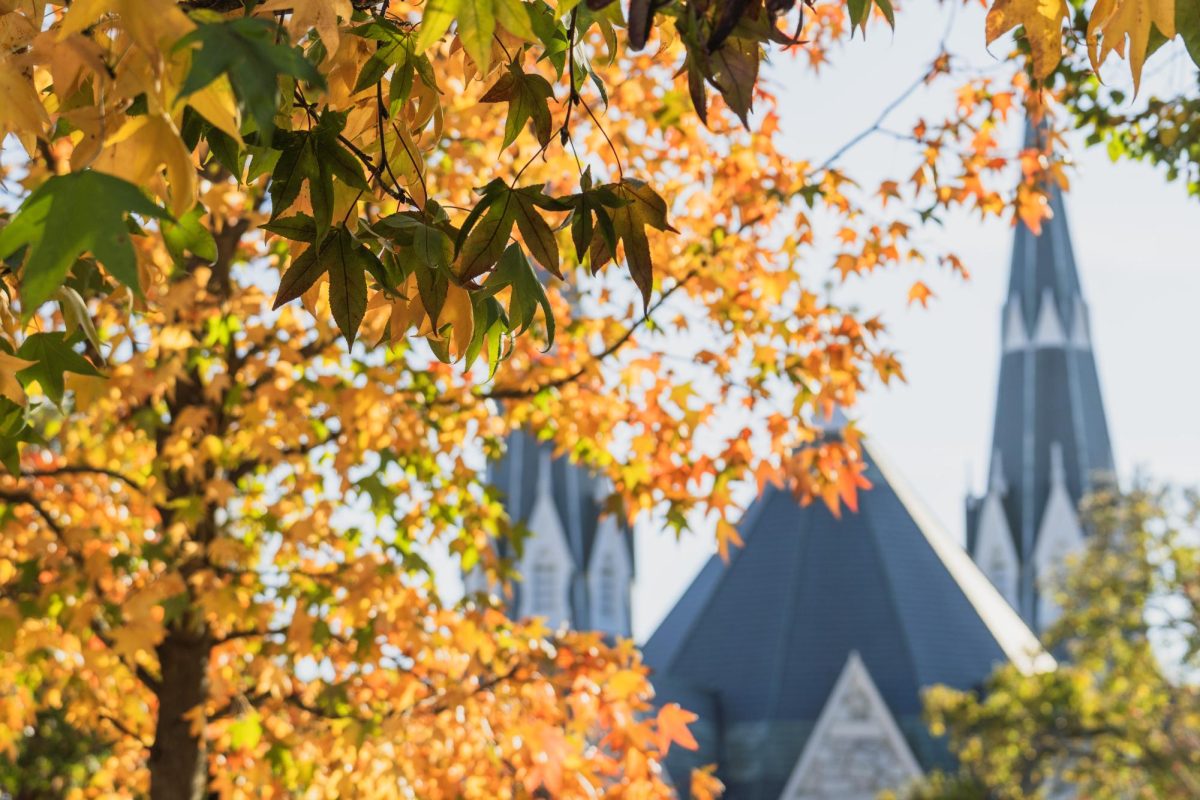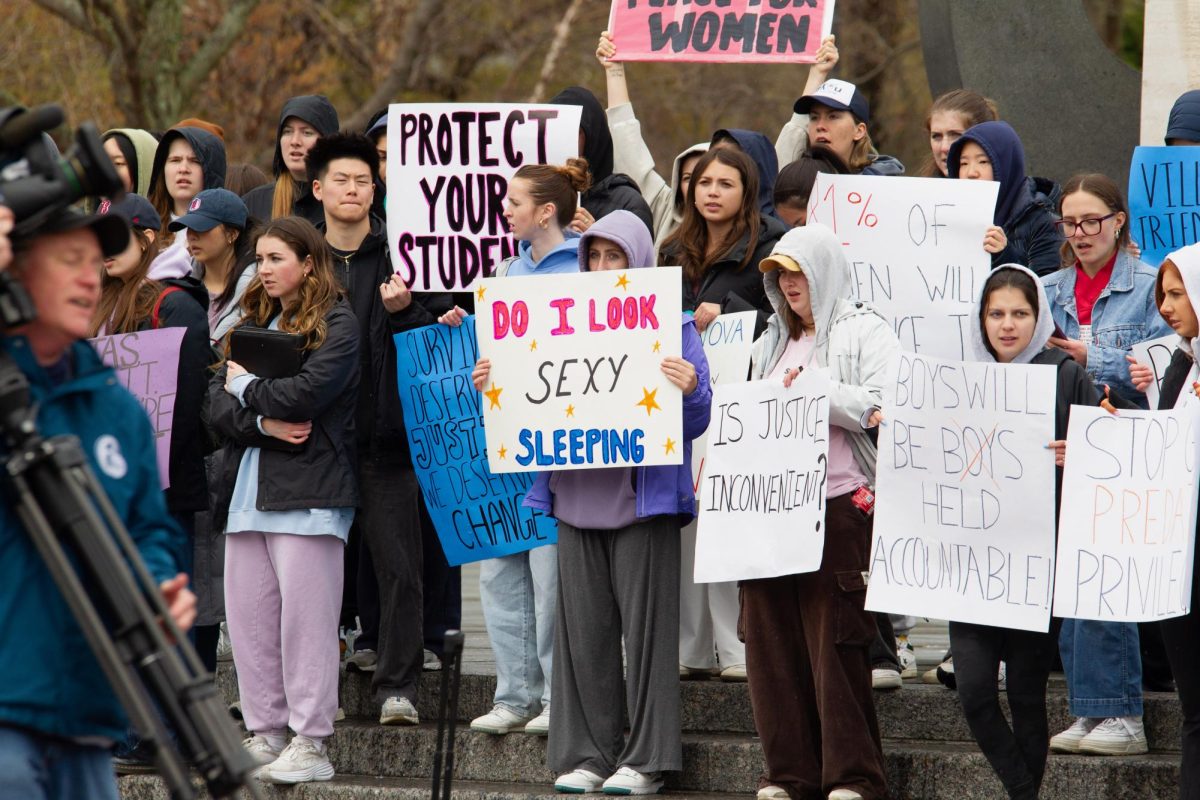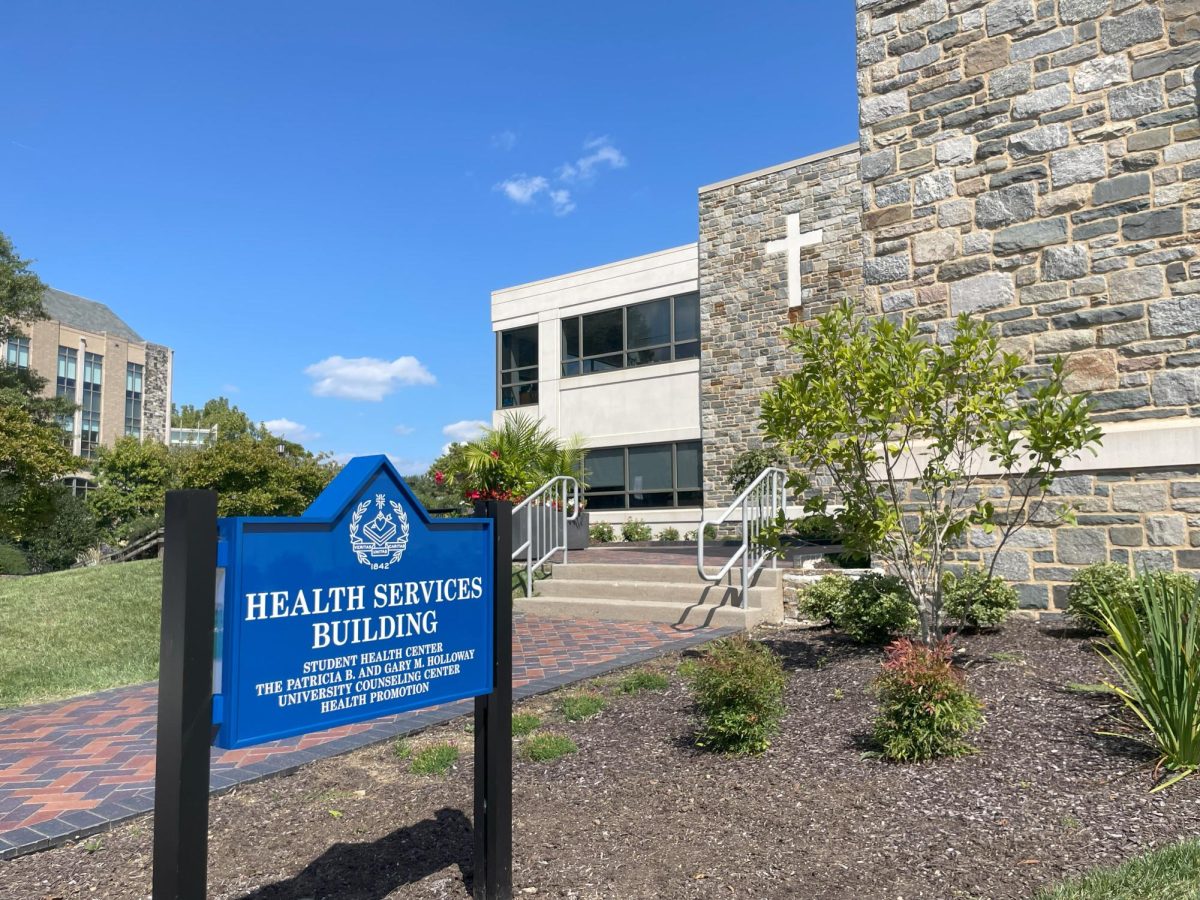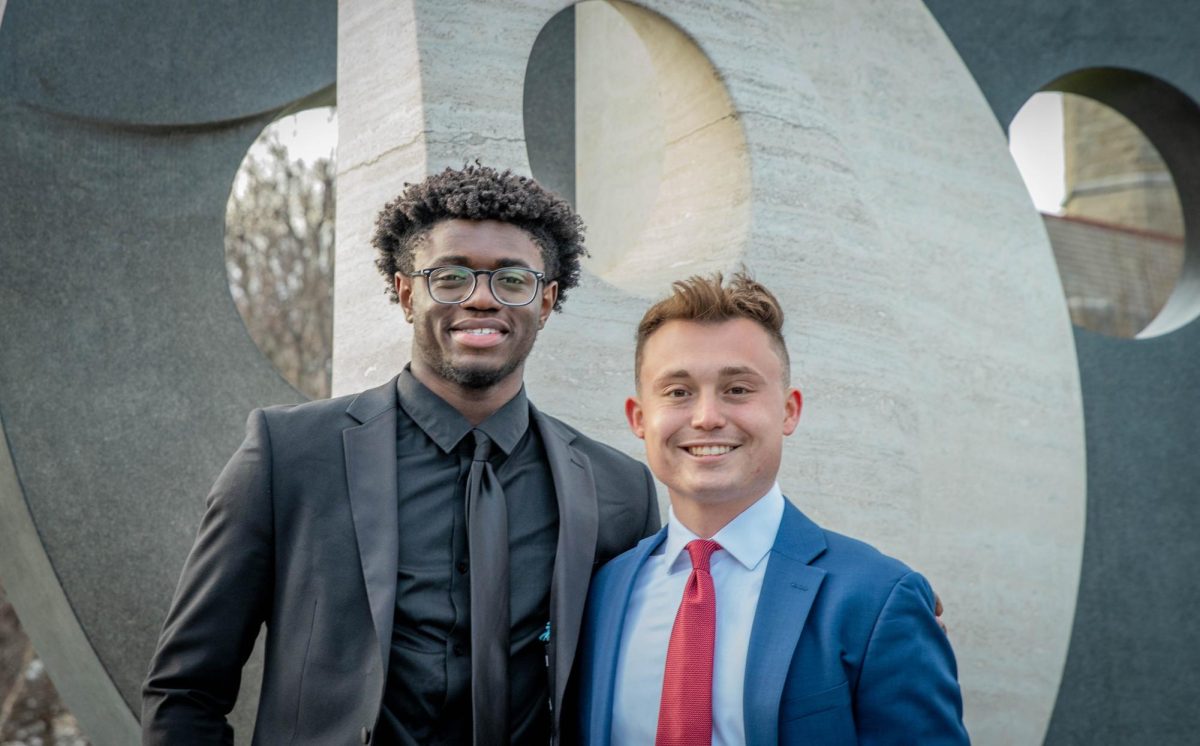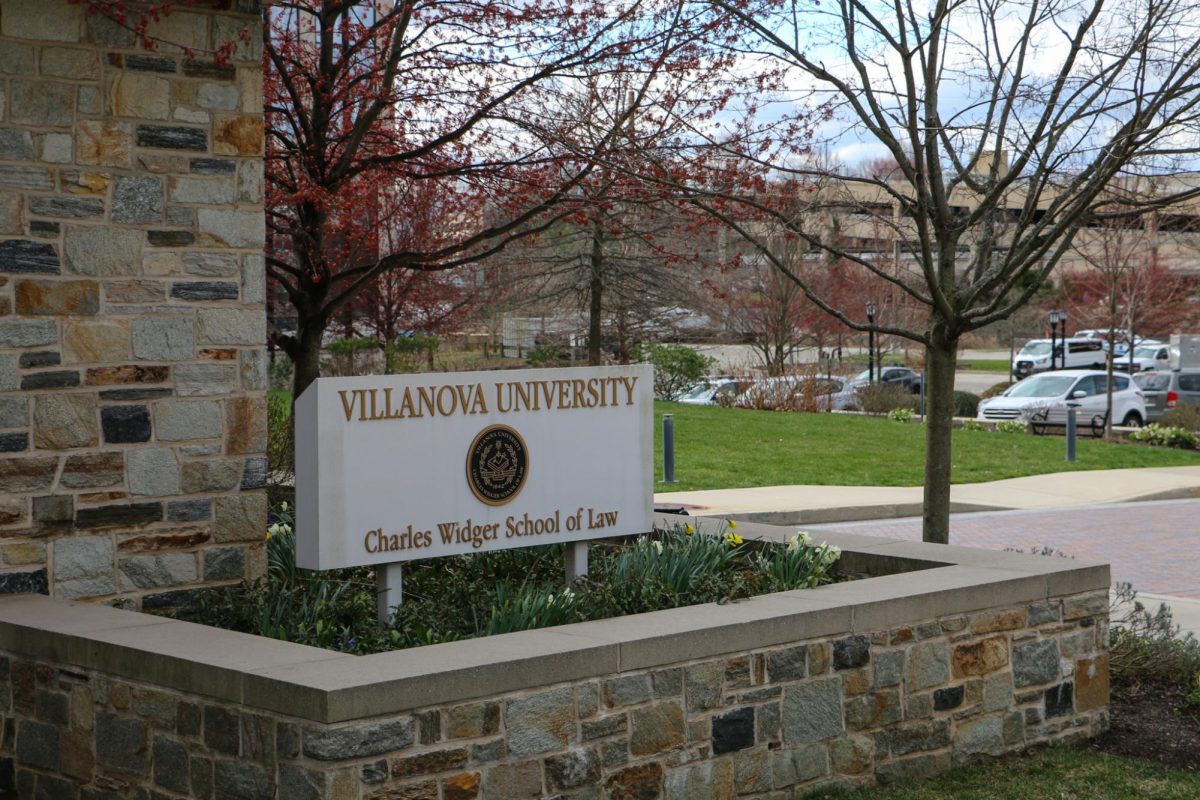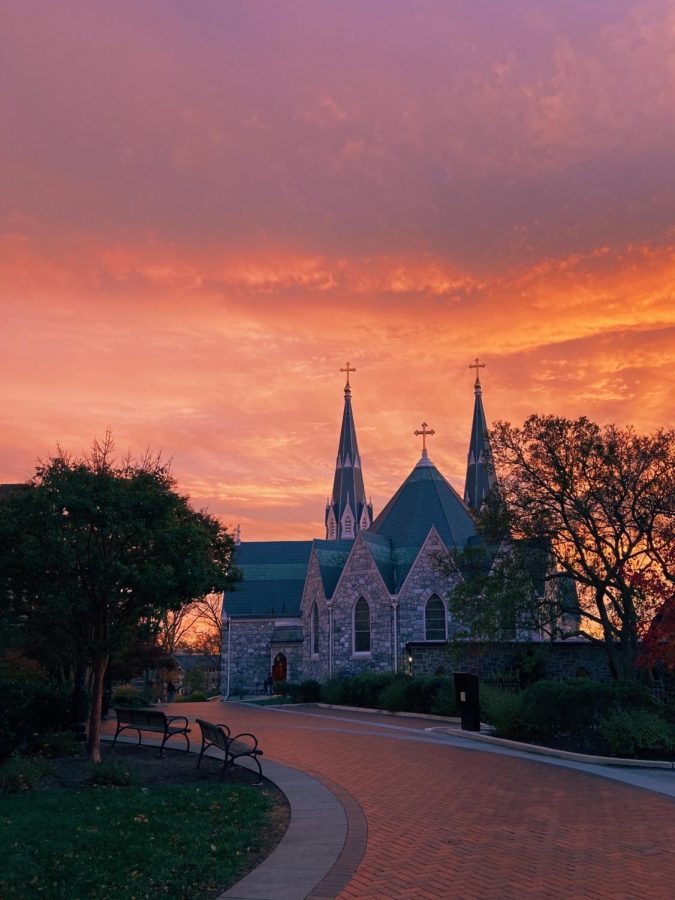From Oct. 24 to 26, the International Merleau-Ponty Circle (IMPC) found its home at Villanova University for its 48th Annual Conference. The last time that Villanova hosted this prestigious convention on their campus was in 1988. This year’s theme covered “Arts, Politics and Imagination,” therefore the presenters at this conference consisted of not just philosophers, but also professionals in visual studies, cinema and political science.
The Merleau-Ponty Circle was founded in 1976 to continue the legacy of the renowned French philosopher Maurice Merleau-Ponty. Each year, a myriad of scholars from six continents meets at a university to discuss “different aspects of Merleau-Ponty’s philosophy as well as its interrelations with recent Continental philosophy and theory,” according to the official Merleau-Ponty Circle website.
Merleau-Ponty is best known for his study of existentialism and phenomenology in post-war France. His most popular publication is Phenomenology of Perception (1945), which argues that perception is a transcendental interaction. He found that the physical body was key to perceiving, rejecting Cartesian dualism of mind and body.
On the first night of the conference, as a part of the “Art” component of the conference’s theme, there was a collaborative performance by dancemaker and activist Nicole Bindler and experimental trombonist David Dove in the Topper Theater at the Mullen Center.
The performance was advertised by the IMPC and the Greater Philadelphia Philosophy Consortium as “a dark, drony, dreamy evening length duo performance, filled with surprises.”
The conference featured two keynote speakers: Jorella Andrews, professor emerita in visual cultures at the University of London, and Mariana Ortega, associate professor of philosophy and women’s, gender and sexuality Studies at Pennsylvania State University.
Andrews’ research and presentation focused around how Merleau-Ponty helped her to understand the idea of grace in the world. Andrews’ previous work intersects philosophical inquiry and art practice, such as her essay “Interviewing Images: How Visual Research Using IPA (Interpretative Phenomenological Analysis) Can Illuminate the Change-Making Possibilities of Place, Space, and Dwelling.”
Andrews’ presentation on Friday evening of the conference was titled “Actuating Phenomenology, Virtue Ethics, and Art to Prefigure a Grace-Filled Politics.” She began by defining the term “grace” as she used it as “bringing honor or credit to something or someone to dignify.”
In the presentation, she mentioned an anecdote from art school that helped her to see the profound beauty in an unconventionally attractive model. Later, she realized the revelation she had in this class was similar to that of Merleau-Ponty’s upon looking at Paul Cézanne’s artistry. Cézanne was criticized for his unusual approach to portrait making, yet Merleau-Ponty “asserts that Cézanne sought to picture reality as something dynamic that emerges from the interaction between subject and object,” according to an academic article by philosopher Ela Krieger.
Later in her presentation, Andrews dealt with how grace can be found within politics, specifically war-time politics, and mentioned how Merleau-Ponty presented his opinions on the Algerian War. He also spoke openly about colonialism, and how to approach decolonization in Africa.
Andrews reiterated Merleau-Ponty’s point that “[It is important to] stick to what is observable.”
She explained that by utilizing this viewpoint, it allows an objective third party to handle a conflict like this with grace in order to do the best thing for the colonized.
To view more, visit merleauponty.org, where a live stream of the conference will be soon available to the public.

